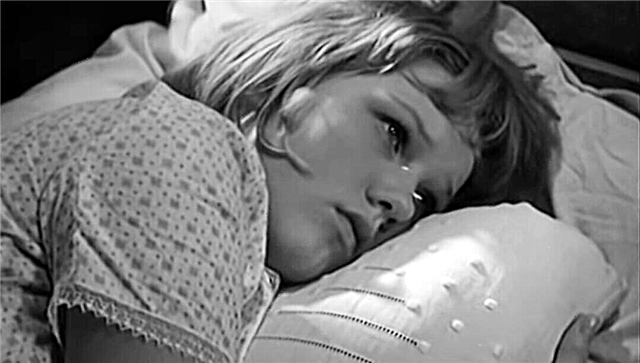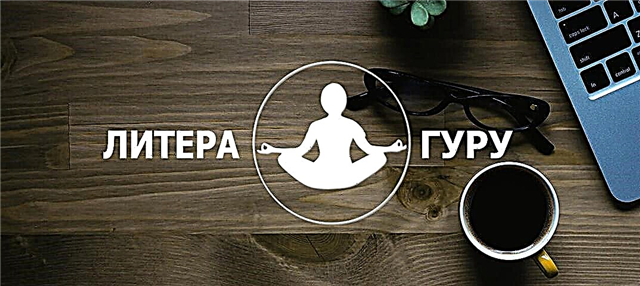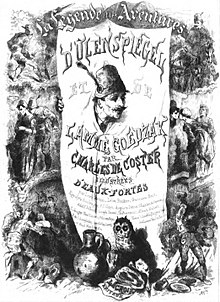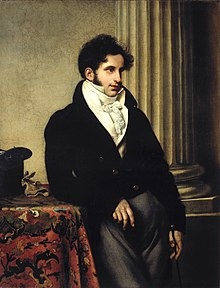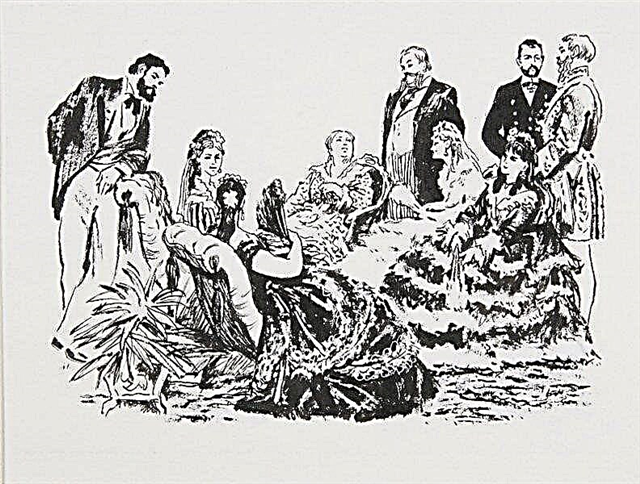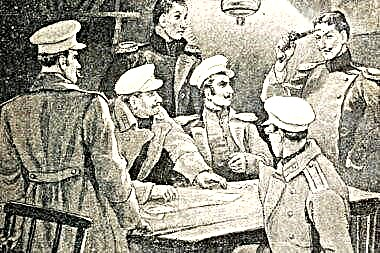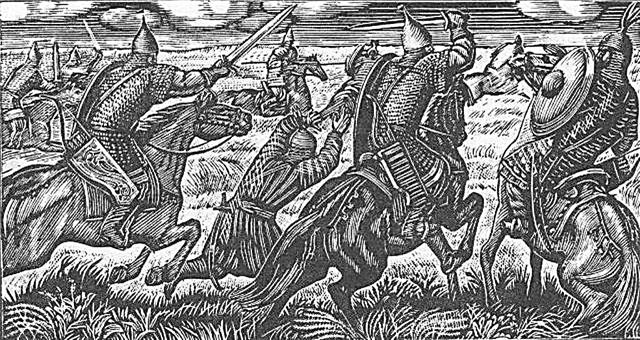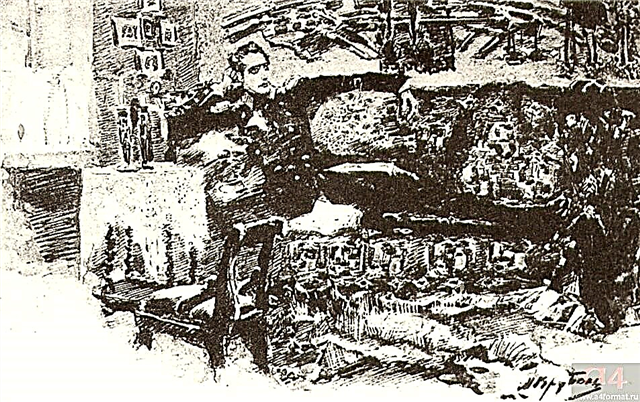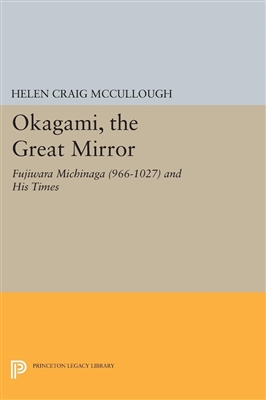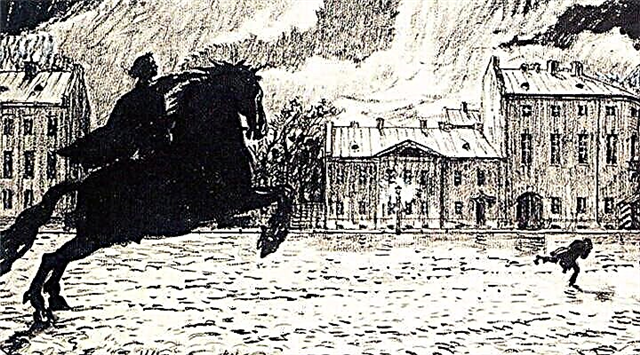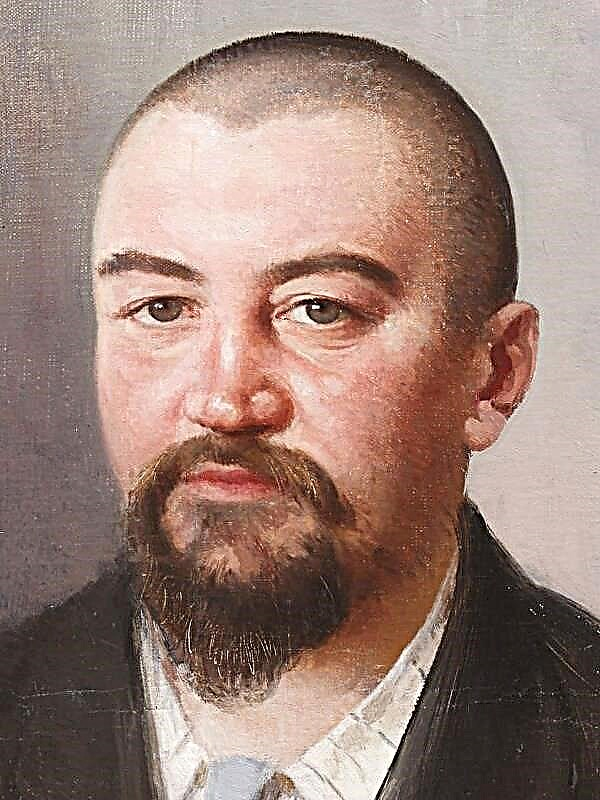(415 words) From childhood we are told to listen to the advice of elders and obey them. If a child needs it, because he himself is not yet able to think independently, then an adult can only do blind trust to authorities. Why? Because fathers are people like everyone else, they tend to make mistakes, so their covenants are far from always valuable. To verify this, just look at the relevant literary examples.
For example, in the play “Woe from Wit” by A. S. Griboedov, Famusov, the father of an adult daughter, opposes education and supports serfdom, which pulls the country back. With a child, he does not hesitate to promote hypocrisy and toadness as tools for career growth. He prefers the advanced man Chatsky to the rich, successful, but stupid and driven Skalozub, he will read him in the suitors Sophia. And Famusov himself is far from moral authority: he runs after a young maid and tries to sneak up to higher masters when there is an opportunity. Therefore, there is nothing to be surprised that his upbringing did not bear good fruit: Sophia deceived her father, secretly fell in love with the pitiful careerist Molchalin and almost became a victim of his scam. Of course, the nobleman condemns his secretary in the finals, but does not see that this hypocrite is the most ardent follower of recognized authorities from the Famus society. This means that the covenants of such fathers have no value, since they led the children to shame and misfortune.
Another example was described by N.V. Gogol in the novel “Taras Bulba”. The main character, wanting to gain the former glory of warlike ancestors, decided to start a war between the Cossacks and Poles. There, he intended not only to show himself, but also to look at his sons: how they mature in the battlefield. Both young men barely returned from the bursa, but the implacable father immediately took them away from the crying mother, so that the men would not soften at home. Taras was generally a cruel husband and a bad father: he beat and insulted his wife, constantly abandoned her alone, even cheated on her, and saw children only in the war in an aura of glory. As soon as they arrived, he challenged Ostap to battle and in every possible way provoked Andrei to him. With these methods, he intended to educate them, but for what? Due to the aggressive behavior of the Cossacks, the Poles began to fight in earnest, there were numerous victims on both sides, and among them were two sons of Bulba. The life lessons of Taras were only suitable for a heroic death, so they have no value.
Unfortunately, not all the covenants of the parents whom we are used to obey can be considered valuable, because fathers, like children, are mistaken, and for any person this is normal. Only now, young people should go their own way, make their own mistakes, and not blindly trust the tracks on the trodden path, because they do not lead to where you want to be just them.

